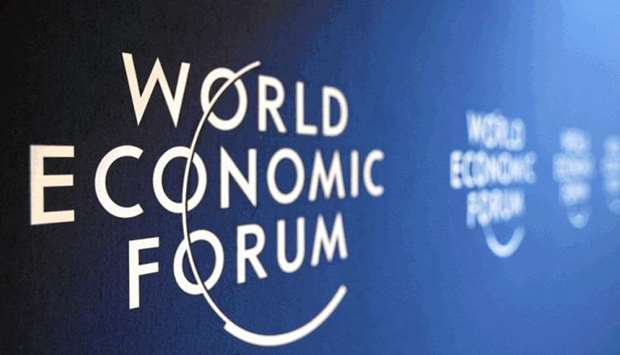Qatar has been rated as the second best competitive economy in the Arab world by the World Economic Forum (WEF) despite the Gulf crisis instigated by Saudi Arabia and the UAE.
On a global scale, Doha has been ranked 25th, ahead of Saudi Arabia and Bahrain that are ranked 30 and 44 respectively, said the Global Competitiveness Report 2017-18 of the WEF, whose local partners are the Qatari Businessmen Association, along with Qatar University, specifically the Social and Economic Research institute.
However, Qatar's global position slipped from 18th in the previous year mainly on the drop in oil and gas prices, which had a “significant” effect on the country’s fiscal situation, it said.
Qatar moved from a fiscal surplus of 10.3% (in 2015) to a deficit of 4.07 of GDP or gross domestic product (2016) and public debt increased from 35.8% to 47.6% of GDP in the review period.
Highlighting that Qatar’s strengths remain its good infrastructure facilities and efficient goods markets, it said, "Going forward, the country will have to ensure better access to digital technologies for individuals and businesses, and further strengthen educational institutions."
The report said the Middle East and North Africa improved its average performance this year, despite further deterioration in the macroeconomic environment in some countries.
Low oil and gas prices are forcing the region to implement reforms to boost diversification, and heavy investments in digital and technological infrastructure have allowed major improvements in technological readiness. However, these have not yet led to an equally large turnaround in the region’s level of innovation, it added.
Looking at the data over the past decade, it becomes clear how the fall in oil prices has affected the macroeconomic environment in the region, which used to lead the way in this dimension, according to the report.
"This has mainly affected some Gulf Cooperation Council economies’ macroeconomic performance negatively," the WEF said, adding in many other countries, the fall in oil prices has increased the fiscal space because energy subsidies could be reduced.
On the positive side, heavy investment in digital and technological infrastructure has allowed major improvements in technological readiness, but these have not yet led to an equally large turnaround in the region’s level of innovation. The growth in market size also slowed down after 2015 with the decrease in oil prices, the report said.



